The proxy war in Ukraine is heading to a denouement with the US and Russia dividing the spoils while the European powers stand bewildered by events they have been wilfully blind to, says KEVIN OVENDEN
Farewell to a generation of Caribbean pioneers
As the last of his family’s Windrush elders pass away, ROGER McKENZIE reflects on migration, courage and the ongoing struggle against racism in Britain, from the Rwanda plan to ‘stop the boats’
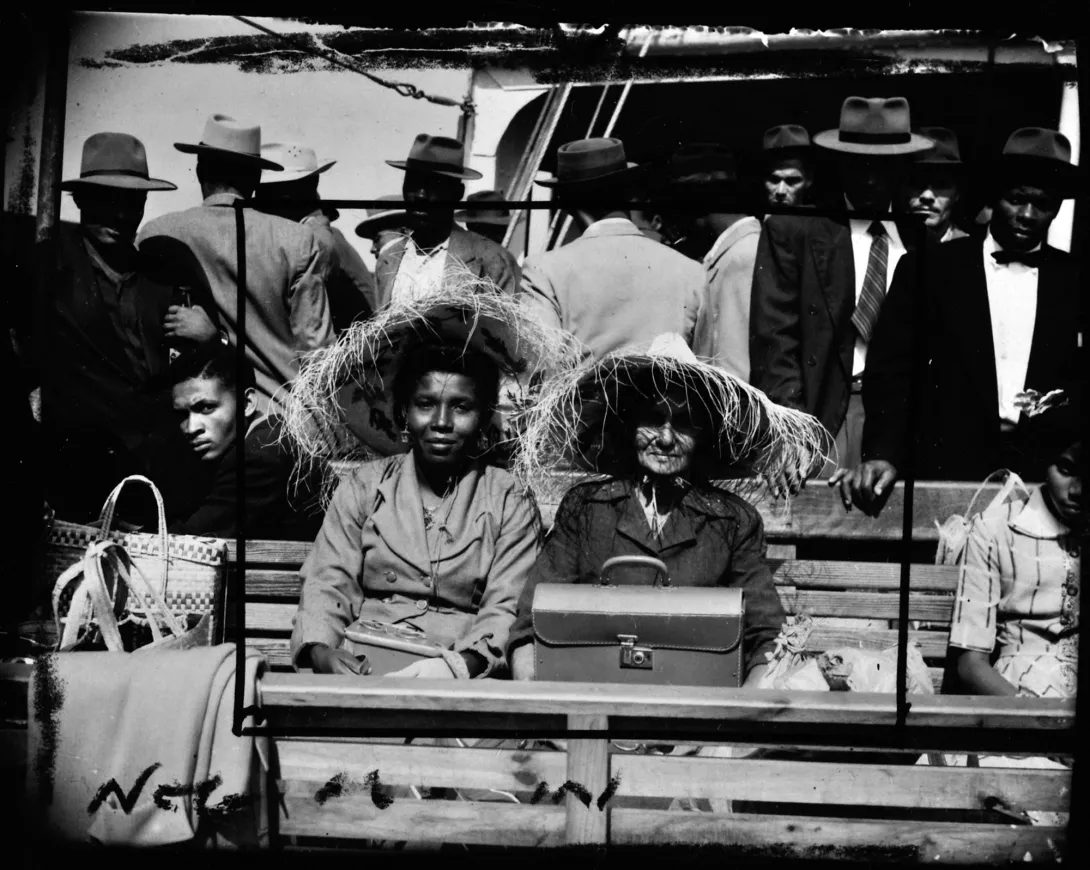
IT’S been a difficult few weeks. Firstly my lovely mother-in-law passed away followed just a few days later by my mother-in-law’s sister.
While I was out of the country recently I received word that my aunt — my dad’s sister — had taken the journey to join the ancestors.
My Aunt Daphne was, as far as I am aware, the last survivor of that generation who made the trip from Jamaica to England in search of a better life for themselves and, hopefully, for their children and subsequent descendants.
More from this author
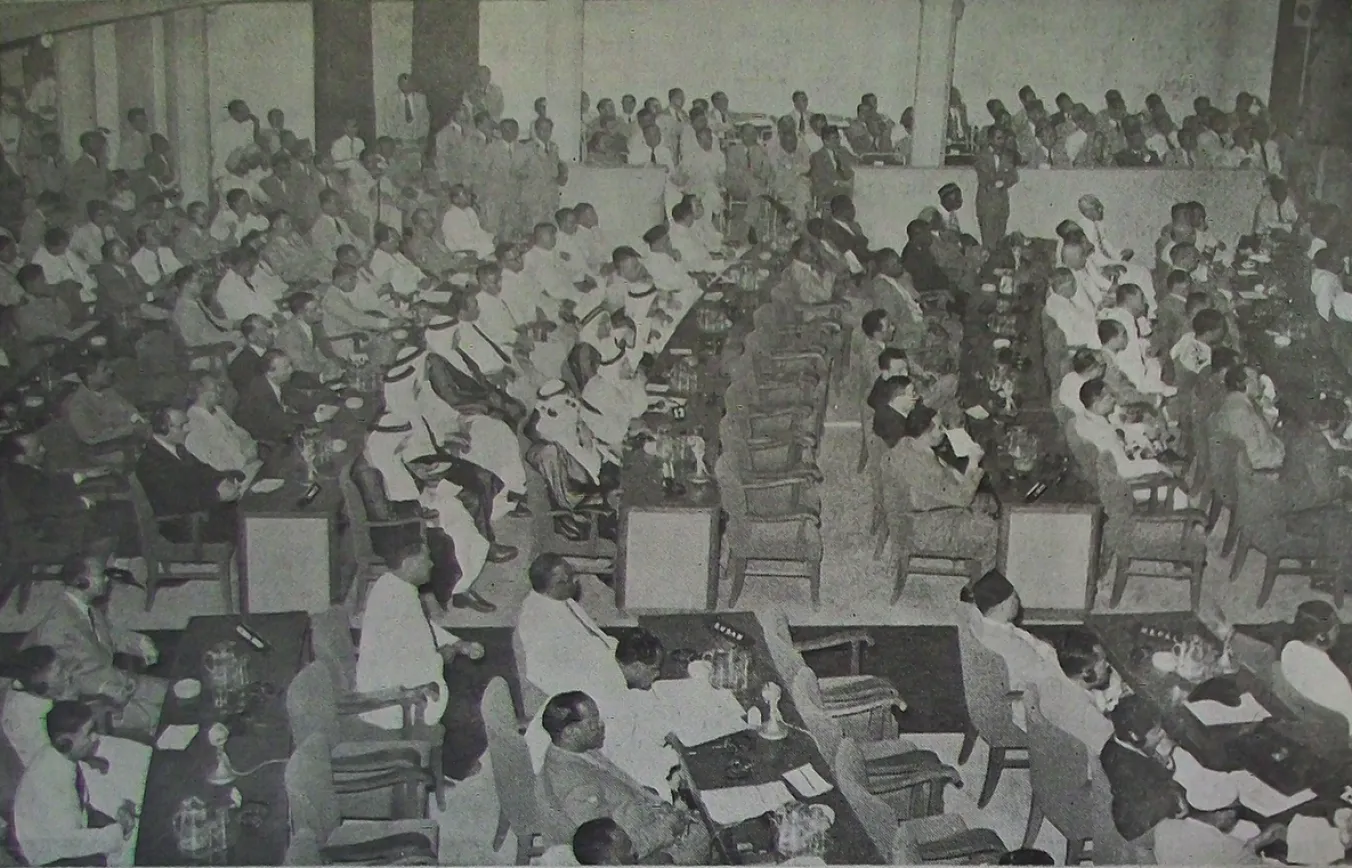
China’s huge growth and trade success have driven the expansion of the Brics alliance — now is a good time for the global South to rediscover 1955’s historic Bandung conference, and learn its lessons, writes ROGER McKENZIE

The revolutions in Mali, Niger and Burkina Faso against the old colonial powers are seldom understood in terms of Africans’ own agency and their rejection of the imperialist humiliation thrust upon them, writes ROGER McKENZIE

From Zimbabwe’s provinces to Mali’s streets, nations are casting off colonial labels in their quest for true independence and dignity in a revival of the pan-African spirit, writes ROGER McKENZIE

Challenging critics of the Sandinista government, the young Nicaraguan union leader FLAVIA OCAMPO speaks to Roger McKenzie about the nation’s progressive health system and how trade unions have been at the centre of social progress
Similar stories
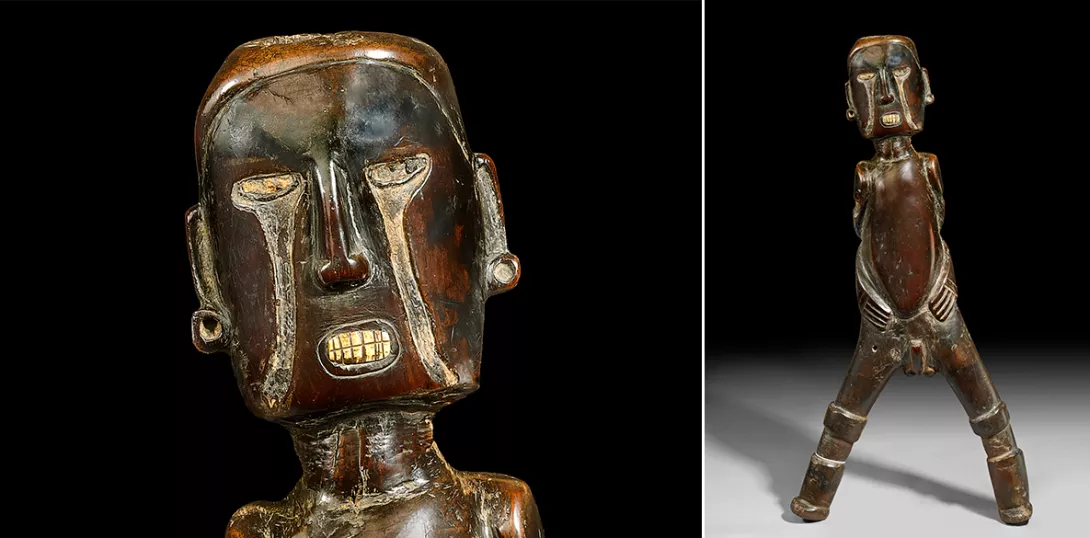
ROGER McKENZIE recommends an exhibition that explores the colonial plunder hidden in the collection, and the questions it raises
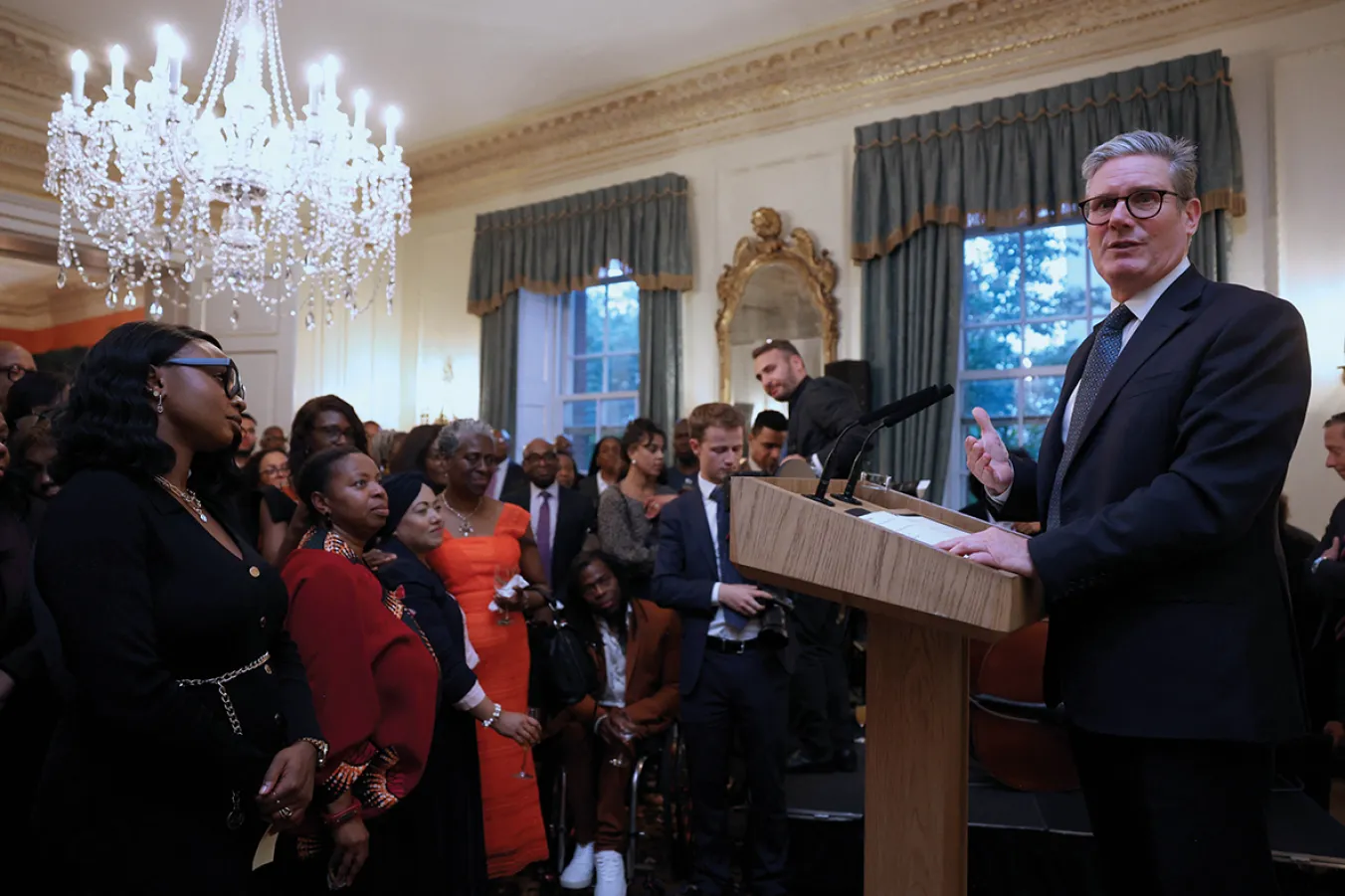
ROGER McKENZIE argues that Black History Month has been sanitised, losing its original purpose of empowering black people through knowledge of their history and struggles to actually go out and fight the battles of today
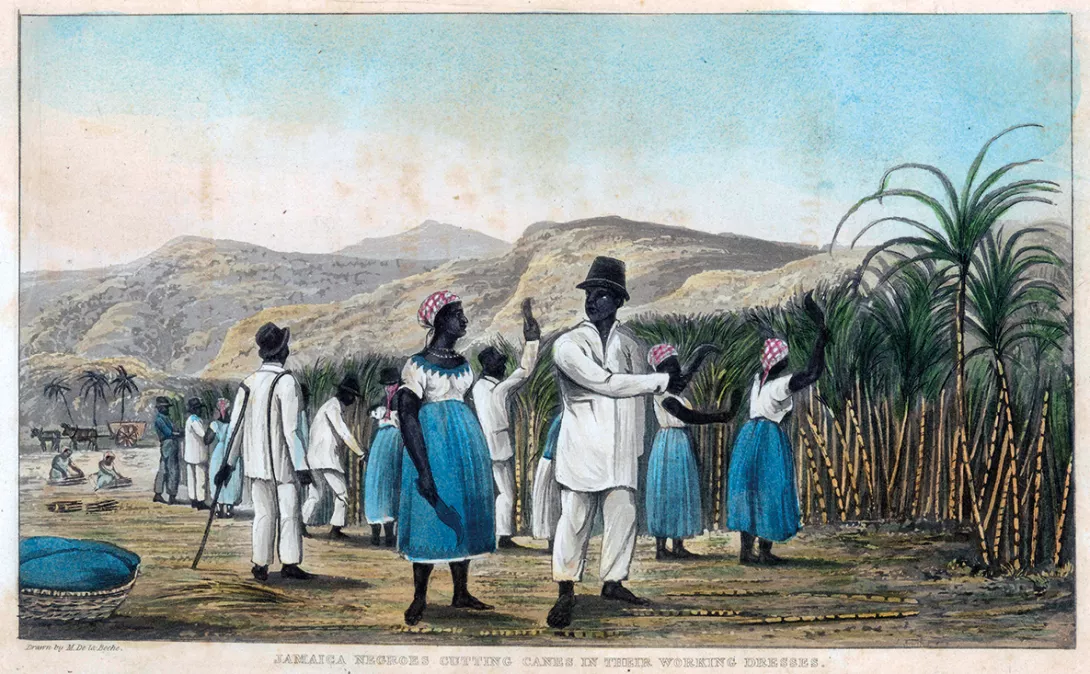
Despite being a proud Black Country boy, ROGER McKENZIE has mixed feelings about Englishness and its all too common petty nationalism, following a lifetime of being considered inferior because of the colour of his skin
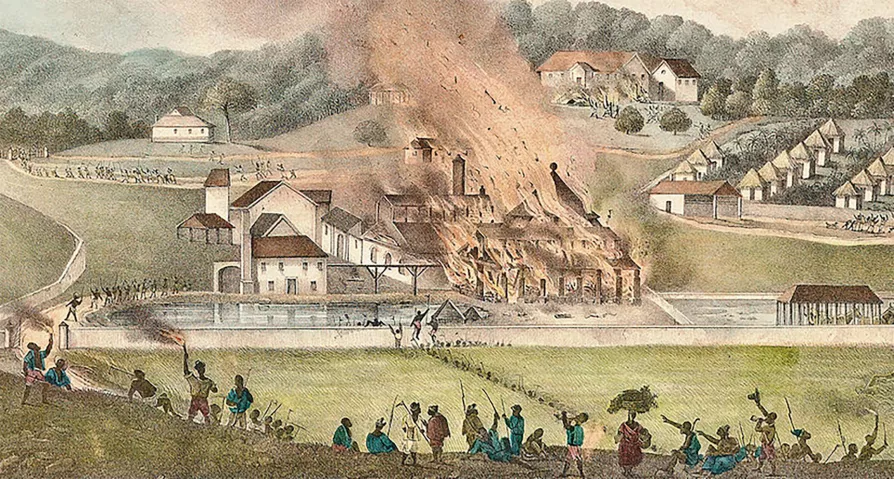
ROGER McKENZIE recommends the work of the 20th-century Marxist activist, a founding member of Jamaica’s People’s National Party and a historian whose books showed the primacy of slave revolts in ending slavery itself









